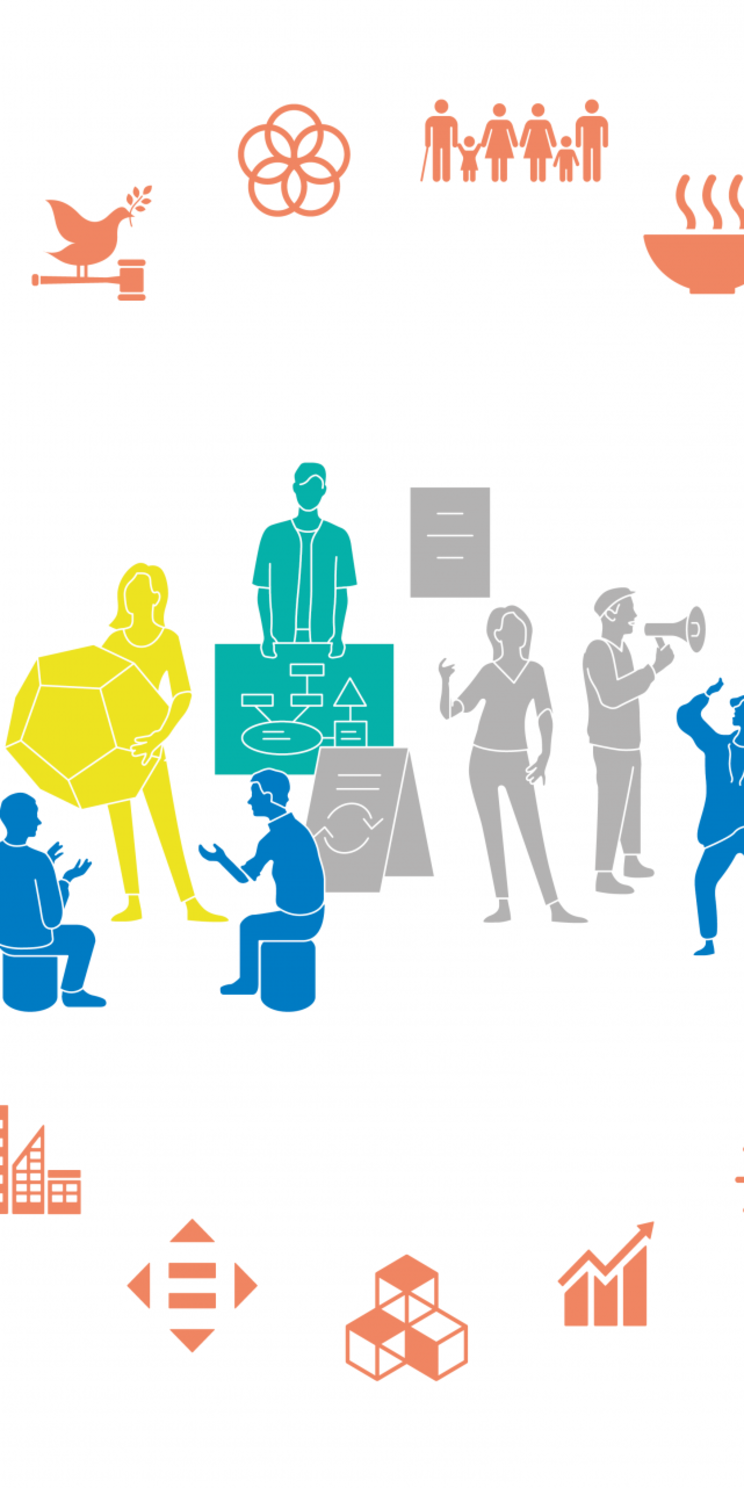The UNESCO’s efforts and those of its national commissions are based on the United Nations 2030 Agenda for Sustainable Development. With its many programmes, UNESCO and the German Commission for UNESCO are actively working to achieve 17 Sustainable Development Goals (SDGs).
UNESCO
Currently 194 countries are members of UNESCO. By collaborating on matters of education, science, culture and communication, they all contribute to UNESCO’s mission of safeguarding peace and security around the world. Compared with all the special organisations operating under the aegis of the UN, UNESCO is responsible for the broadest spectrum of tasks.
The German Commission for UNESCO
The German Commission for UNESCO is Germany’s multilateral organisation for matters concerning education, science, culture and communication. It serves as an intermediary between the German government, civil society and UNESCO. The Commission ensures that UNESCO’s programmes and commitment to human rights are as impactful as possible, and it contributes to successfully representing the interests of the Federal Republic of Germany at UNESCO.
The German Commission for UNESCO receives institutional funding from the German Federal Foreign Office. It is fully committed to achieving the United Nations 2030 Agenda for Sustainable Development. The German Commission for UNESCO is a registered association consisting of up to 114 members from the areas of politics, culture, science and civil society. Its members elect its Executive Committee and Board of Directors. Professor Dr Maria Böhmer has served as its president since 2018.
The German Commission for UNESCO
... advises
federal, state and municipal authorities, and so doing, contributes to integrating UNESCO’s values and goals into concrete political guidelines for action. In the areas of education, science, culture and communication, it advocates for participation and equal opportunity, quality, openness, diversity, human rights and sustainable development. It is supported in these efforts by various committees and professional networks.
... promotes networking
among members of the UNESCO family in Germany. These include over 50 World Heritage Sites and around 300 Associated Schools, numerous Biosphere Reserves, Geoparks, Chairs, Creative and Learning Cities, patrons of Intangible Cultural Heritage, institutions with entries in the Memory of the World register, and organisations which make education for sustainable development possible. It also strengthens global collaboration between other national commissions around the world.
... communicates
the UNESCO’s goal for achieving peace and its broad range of themes and activities in Germany. It takes a stance on societal debates and promotes cosmopolitanism among young people, for example, through the voluntary service programme ‘kulturweit’.
